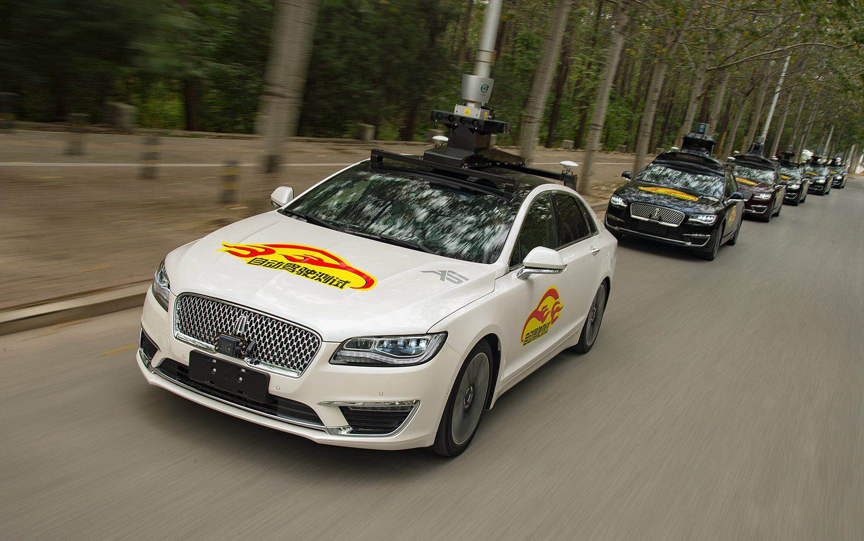Baidu Apollo receives driverless vehicle test permit in California
Baidu Apollo has now been approved by the California Department of Motor Vehicles (DMV) to test driverless vehicles without a safety driver behind the wheel on public streets.
This makes Baidu the first permit holder in the state to receive driverless test permits for two different vehicle models due to the “robustness” of its AI driver system, according to the company.
Baidu says California will partner in its ongoing driverless testing program which began last year.
The permit will allow Baidu to test its autonomous driving Lincoln MKZ and Chrysler Pacifica day and night within Sunnyvale, California.
Baidu Apollo vehicles have undergone a thorough testing process to ensure safety, functionality and reliability. As proof, Baidu Apollo topped California’s 2019 DMV disengagement report in a total of 108,300 miles.

Beijing’s Innovation Center for Mobility Intelligent (BICMI) also published its 2018-2019 survey of self-driving road tests, where Baidu leads with 52 vehicles covering a total of 893,900 kilometers.
The California permit is the latest in approvals to test fully driverless vehicles. On December 7, 2020, Baidu Apollo was granted permission by Beijing transportation authorities to conduct fully driverless road tests.
The announcement makes Baidu the first and only company permitted to conduct driverless tests on public streets in the capital city of China. This past September, Baidu Apollo also received permission to test driverless vehicles in Changsha, Hunan province.
At the company’s annual flagship tech conference Baidu World 2020, it displayed fully automated driving capability for the first time through a livestream from Beijing’s Shougang Park.
Zhenyu Li, corporate vice president of Baidu and general manager of intelligent driving group, says: “The three core components of Apollo’s Fully Automated Driving technology are pre-installed, mass-produced vehicles; an ‘experienced AI driver’; and the 5G Remote Driving Service.”
With pre-installed and mass-produced vehicles as the foundation, the AI driving system is now capable of operating the vehicles independently, and the 5G Remote Driving Service allows remote human operators to intervene in case of emergencies.
Baidu began the development of autonomous vehicle technologies in 2013. Since then, Baidu Apollo has become the world’s first open-source autonomous driving platform engaging over 55,000 developers and 210 industry partners. The Apollo platform has compiled more than 700,000 source code lines around the world.
Baidu Apollo has built a fleet of more than 500 test vehicles driving over 7 million kilometers (4.35 million miles) in urban road testing across 27 cities worldwide.
Baidu Apollo Go robotaxi service is now operational in Beijing, Changsha, and Cangzhou, and has carried over 210,000 passengers.The company’s plan is to expand its robotaxi service to roughly 30 cities over the next three years.

